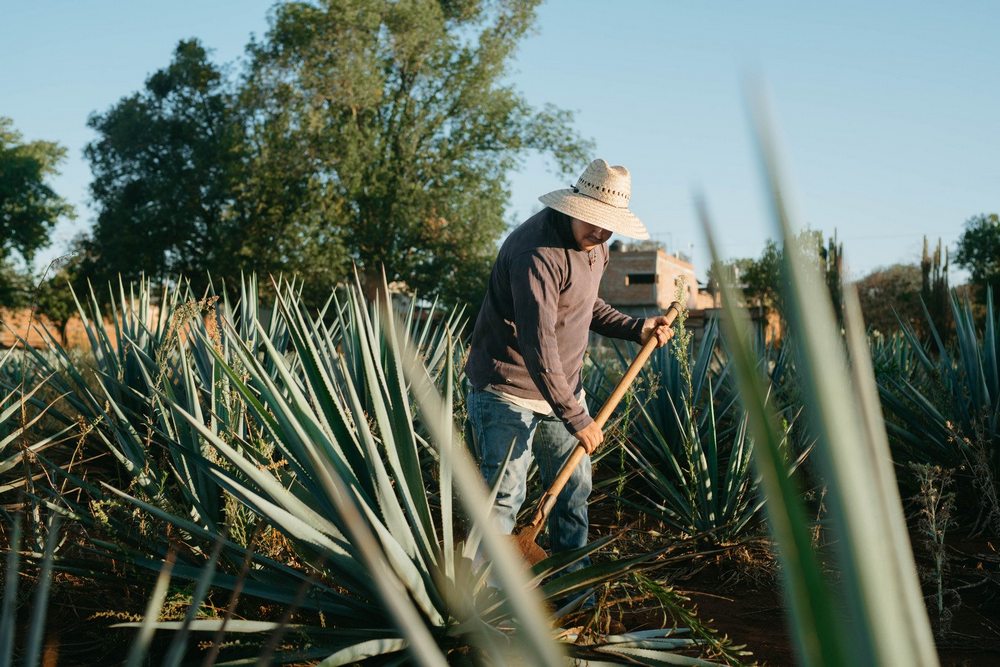How Is Agave Farming Contributing to Sustainable Agriculture?
How Is Agave Farming Contributing to Sustainable Agriculture?
Author
fotex
Share
Author
fotex
Share

Agave farming is becoming increasingly significant in the realm of sustainable agriculture. Known for its versatility and minimal resource requirements, agave offers a promising alternative to more traditional crops. We can understand how this plant contributes to eco-friendly farming practices by examining its benefits.
Efficient Water Use
One key advantage of agave farming is its ability to thrive in arid conditions. Unlike many crops that require substantial water resources, agave is well-adapted to dry environments. This characteristic makes it a suitable choice for regions experiencing water scarcity, helping conserve vital water supplies while allowing for productive agriculture.
Soil Health Improvement
Agave plants are known for their positive impact on soil health. Their deep root systems help to stabilize soil and prevent erosion, which is particularly beneficial in areas prone to land degradation. Additionally, the decomposition of agave leaves contributes organic matter to the soil, enhancing its fertility and supporting overall ecosystem health.
Reduced Need for Chemical Inputs
Agave farming typically requires fewer chemical inputs than other crops. The plant’s natural resistance to pests and diseases means that synthetic pesticides and fertilizers are less needed. This reduction in chemical use lowers production costs and reduces the environmental impact of farming practices.
Economic Benefits for Local Communities
Agave farming can also provide economic advantages to local communities. Farming these plants can create job opportunities and stimulate local economies as demand for agave-based products grows, such as tequila and agave syrup. This economic boost can support sustainable development and improve livelihoods in farming regions.
Future Prospects in Sustainable Agriculture
As the world seeks to address the challenges of climate change and resource scarcity, agave farming presents a viable solution. Its sustainable attributes and economic potential make it an attractive option for future agricultural practices. Integrating agave into farming systems can contribute to a more sustainable and resilient agricultural future.
In conclusion, agave farming is a sustainable choice and a forward-thinking approach to agriculture. Its efficient use of water, benefits to soil health, reduced need for chemicals, and economic opportunities highlight its role in promoting environmentally friendly farming practices. As we look to the future, agave farming could play a key role in shaping sustainable agriculture.
The Agave Farm: A Sustainable Approach to Modern Agriculture
At The Agave Farm, agave cultivation is proving to be a profitable and sustainable solution for dryland agriculture. This versatile plant, traditionally grown in Mexico, can produce various products, including Tequila, Mescal, Bacanora, Raicilla, and Sotol. Producers can diversify their revenue streams by incorporating agave into farming practices while minimizing their most significant input costs. Agave farming offers economic benefits and aligns with sustainable agricultural practices. Contact us by clicking here, to explore how agave can enhance your farming strategy.

